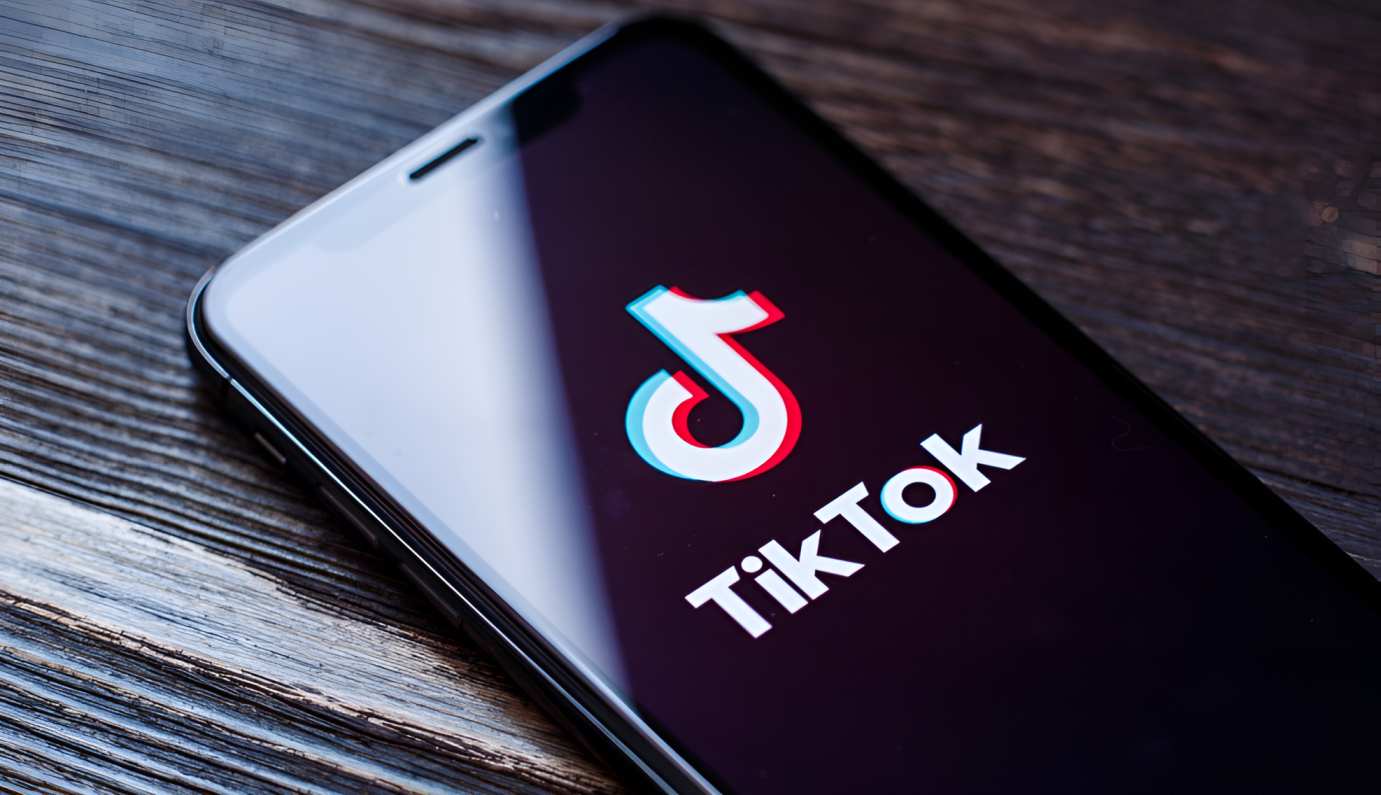Egyptian authorities have intensified a crackdown on young TikTok influencers, detaining dozens in recent weeks on allegations ranging from breaching family values to laundering money, in a move that critics say reflects the state’s tightening grip on online expression.
Police have confirmed multiple arrests, while prosecutors say at least 10 cases are under investigation for alleged unlawful financial gains. Travel bans, asset freezes, and confiscation of devices have already been imposed.
Rights groups and lawyers argue the campaign is part of a wider effort to control speech in a country where social media has long stood as one of the few spaces beyond state-controlled media.
Many of those now under arrest were only children when Facebook played a central role in the 2011 protests that ousted long-serving leader Hosni Mubarak.
Legal experts say vague indecency laws give authorities wide powers. They can review years of an influencer’s posts and, if a single post is deemed indecent, declare their income unlawful and charge them with financial crimes.
One of the most high-profile arrests is that of 19-year-old Mariam Ayman, known online as Suzy El Ordonia, who has 9.4 million followers. She has been in detention since August 2 on charges of spreading indecent content and laundering 15 million pounds ($300,000).
The Interior Ministry said she was taken into custody after receiving complaints about her posts. In her last video, uploaded the day before her arrest, she appeared aware of looming trouble.
“Egyptians don't get arrested just because they appear on TikTok,” she said.
She admitted in past videos she may have “agitated, cursed, or told a bad joke” but stressed it was to vent frustration and “not meant to teach the younger generation to follow suit.”
Her lawyer, Marawan al-Gindy, declined to speak directly about her case but raised concern over the broader use of morality laws.
“There is a law that criminalises indecent acts, but what we need is consistent application and defined rules, not just for TikTok, for all platforms,” he said.
Suzy’s rise to fame mirrored that of many teens. She began posting simple videos of her daily life and makeup routines, but her popularity surged after a livestream went viral when she replied with a rhyming Arabic quip to her father, a bus conductor.
The phrase became a national catchphrase, drawing millions of viewers.
Her account grew as she shared moments such as meals with friends, dances to street musicians in Turkey, and even lighthearted shoots with her boyfriend ,one attracting 31 million views.
She also featured her sister, who has a mental disability, helping challenge stigma around disability in Egyptian society.
Yet even cheerful videos without political undertones could be interpreted as subtle criticism of daily struggles. In a podcast interview before her arrest, she said if she had 10 million pounds, she would spend half on moving her family to a better home, helping her parents open a shop, and enrolling her sister in a private school for improved care.
Shortly afterward, the same interviewer, Mohamed Abdel Aaty, was also arrested.
The Egyptian Initiative for Personal Rights (EIPR) has called on the Interior Ministry and prosecutors to end what it described as “an aggressive security campaign” rooted in vague morality laws.
EIPR lawyer Lobna Darwish said the cases rely on a broadly written article of the 2018 cybercrime law that bans violating “any of the principles or family values in Egyptian society.”
According to Darwish, the standard is so broad that creators have been arrested for content no different from what appears on mainstream television.
The group has tracked at least 151 people charged under the law in more than 109 cases over the past five years, though it believes the real figure is higher.
As the campaign expands, prosecutors have urged citizens to report inappropriate content. The Interior Ministry itself runs a TikTok account where it comments on videos, telling creators to adhere to morals.
Influencers now face online harassment, with users accusing them of immorality and even spreading false claims, such as running organ trafficking networks.
Darwish added that the scope of arrests has widened, now affecting those with dissenting religious views and LGBT Egyptians. In some cases, people have been investigated over private content that leaked from their phones but was never posted publicly.
The State Information Service did not respond to requests for comment.
TikTok says it enforces its own rules through both automated systems and human moderators. In its latest quarterly report, the platform revealed it had removed more than 2.9 million videos in Egypt. Representatives declined to answer questions on the current crackdown.
Experts say the financial stakes are real but not excessive. Social media adviser Ramy Abdel Aziz explained that Egyptian TikTok creators can earn about $1.20 per thousand views, roughly one-tenth of U.S. rates, but still meaningful in a low-income economy.
“Social media can be a huge source of income, but it would still require a long time to generate it especially if the [income] is made in legitimate ways,” he said.
Financial analyst Tamer Abdul Aziz questioned the focus on creators, arguing authorities should look at larger financial systems if illegal transactions were the concern. “If there's a crime, you look at the owner or the financial flows, not the performers,” he said.
